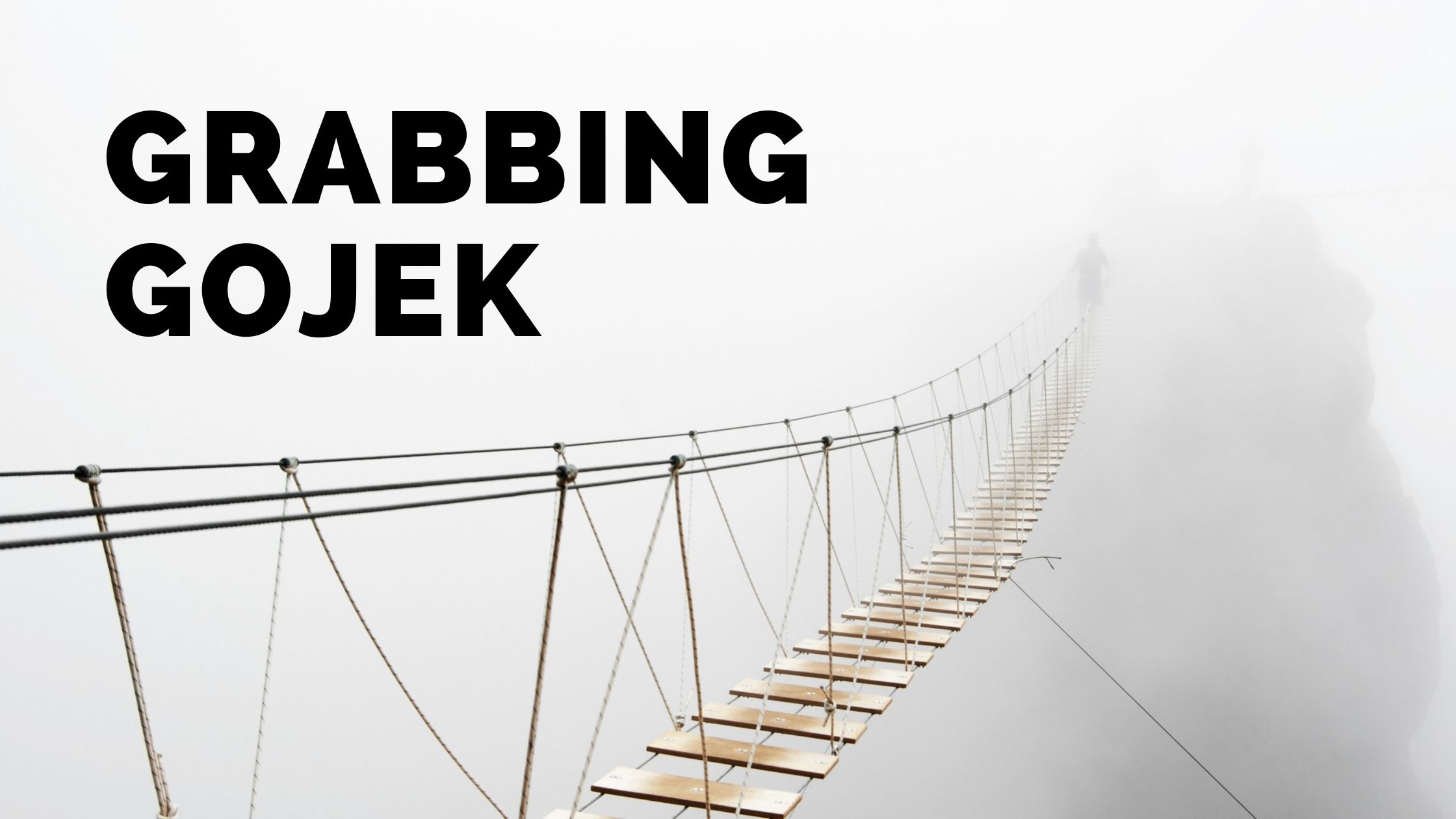Through 2016 and 2017, Gojek systematically built out its fintech stack with strategic acquisitions. Its first move was to take over MVCommerce, a relatively small player which held an e-payments license. This proved a valuable investment because e-payments licences became increasingly difficult to get in Indonesia as the country’s central bank throttled the issuing of new licences, fearing too many players in the sector. Next, Gojek acquired payment gateway Midtrans, payments processor Kartuku, and community lending startup Mapan—becoming a payments force to be reckoned with.
While there’s no immediate timeframe for a Facebook-GoPay integration, doing so is priority number one, the Gojek executive said. Facebook has not integrated a payment provider before, so it will need to work to open up its platforms accordingly, the person said. Using GoPay to run payments inside WhatsApp—and perhaps Instagram—would be the logical first move.
Persuasive Copywriting Lures Discerning Consumers
All of this could tie into Facebook’s recent e-commerce expansion: Facebook Shops. The initiative allows merchants to create a digital storefront across Facebook and Instagram, but its early partners—including the Canadian Shopify and the US-based BigCommerce—are not Southeast Asia-focused. This lack of Southeast Asia-focused partners seems like an odd blindspot since social commerce is prevalent in the region. With Gojek, though, Facebook looks to have found a truly local partner that does more than just enable sellers through software.
Selling on social

Facebook Shops is a compelling concept for any merchant given the size of Facebook’s audience, Shops’ compatibility across the social network and Instagram, and plans to integrate it with WhatsApp and Messenger in the future.
With Gojek in tow, the social network adds payments as well as the logistics capabilities of its two million-strong fleet of drivers, and a footprint with physical retailers who already use Gojek for business. Gojek claims to have 400,000 merchants in its network, the majority of whom are food vendors and small business owners that have made the shift to accepting GoPay or using Moka, a PoS (point of sale) software designed for MSMEs that’s owned by Gojek.
For PayPal, too, there’s a lot to play with. Curiously, though, the deal may not have ever happened had things gone differently in 2019. Last year, the Elon Musk-founded company unsuccessfully discussed investing in Grab Financial Group, Grab’s answer to GoPay.
Grab would, at first glance, appear to be the more obvious partner for an international tech giant like PayPal because of its wider regional footprint. It operates in all six major Southeast Asian markets, as well as in countries like Cambodia and Myanmar.
But given that this investment is a payments play, with the end goal to provide tech and services to merchants and SMEs, Gojek appears to be the smarter bet. Grab Financial isn’t yet mature in most markets. In Indonesia, Grab doesn’t offer payments and financial services on its own, but through a partner wallet, OVO—a company it owns a significant stake in but doesn’t control.
With the deal done, PayPal is moving fast. A spokesperson for the company told us that it will make PayPal available for payments within Gojek services in Indonesia and Singapore, but didn’t offer a timeframe for this. It will also “support some card processing” for Gojek in Singapore, the spokesperson added.